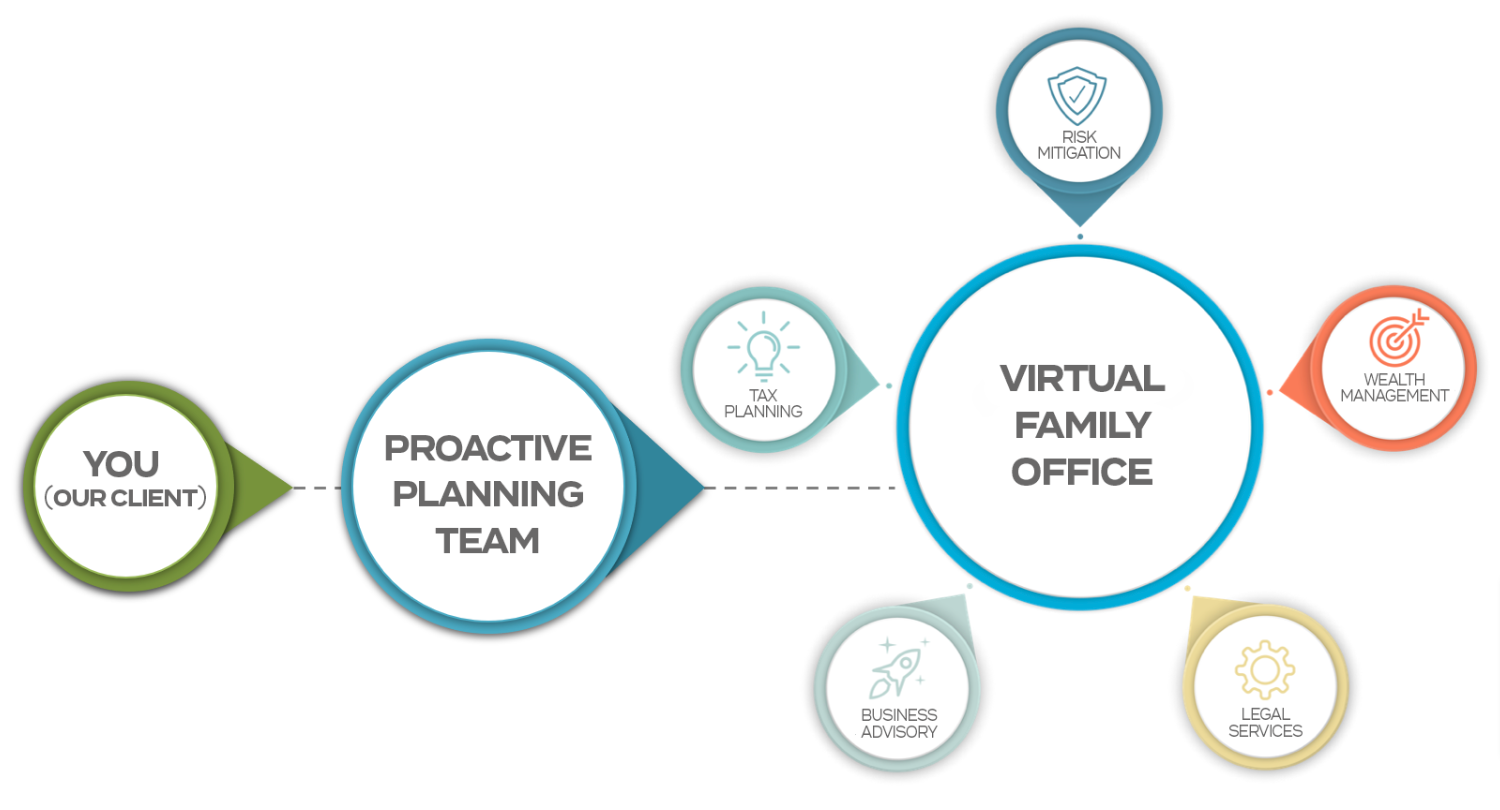Equifax Update
IRS Only Issuing IPIN To Confirmed Victims
In an earlier post, we had suggested applying for an IPIN if you were a victim of the Equifax breach. However, the IRS has now come out with a statement in regards to this issue. Presumably due to high volume, the IRS will only accept ID Theft Affidavits and issue IPIN’s if you can confirm that somebody is using your personal information. They will not issue you an IPIN if you were affected by the breach and you do not have proof somebody is using your information.
The breach may include sensitive information such as Social Security numbers, date of birth addresses, and driver license numbers. To determine if your information may have been compromised, please visit equifaxsecurity2017.com or call 1-866-447-7559, 6:00 a.m. – Midnight, CT.
Many of you are considering a “credit freeze”. Before doing so, please know what this means:
What is a credit freeze?
Also known as a security freeze, this tool lets you restrict access to your credit report, which in turn makes it more difficult for identity thieves to open new accounts in your name. That’s because most creditors need to see your credit report before they approve a new account. If they can’t see your file, they may not extend the credit.
Does a credit freeze affect my credit score?
No. A credit freeze does not affect your credit score.
A credit freeze also does not:
- prevent you from getting your free annual credit report
- keep you from opening a new account, applying for a job, renting an apartment, or buying insurance. But if you’re doing any of these, you’ll need to lift the freeze temporarily, either for a specific time or for a specific party, say, a potential landlord or employer. The cost and lead times to lift a freeze vary, so it’s best to check with the credit reporting company in advance.
- prevent a thief from making charges to your existing accounts. You still need to monitor all bank, credit card and insurance statements for fraudulent transactions.
Does a credit freeze stop prescreened credit offers?
No. If you want to stop getting prescreened offers of credit , call 888-5OPTOUT (888-567-8688) or go online. The phone number and website are operated by the nationwide credit reporting companies. You can opt out for five years or permanently. However, some companies send offers that are not based on prescreening, and your federal opt-out right will not stop those kinds of solicitations.
As you consider opting out, you should know that prescreened offers can provide many benefits, especially if you are in the market for a credit card or insurance. Prescreened offers can help you learn about what’s available, compare costs, and find the best product for your needs. Because you are pre-selected to receive the offer, you can be turned down only under limited circumstances. The terms of prescreened offers also may be more favorable than those that are available to the general public. In fact, some credit card or insurance products may be available only through prescreened offers.
Can anyone see my credit report if it is frozen?
Certain entities still will have access to it.
- your report can be released to your existing creditors or to debt collectors acting on their behalf.
- government agencies may have access in response to a court or administrative order, a subpoena, or a search warrant.
How do I place a freeze on my credit reports?
Contact each of the nationwide credit reporting companies:
- Equifax — 1-800-349-9960
- Experian — 1‑888‑397‑3742
- TransUnion — 1-888-909-8872
You’ll need to supply your name, address, date of birth, Social Security number and other personal information. Fees vary based on where you live, but commonly range from $5 to $10.
After receiving your freeze request, each credit reporting company will send you a confirmation letter containing a unique PIN (personal identification number) or password. Keep the PIN or password in a safe place. You will need it if you choose to lift the freeze.
How do I lift a freeze?
In a few states, credit freezes expire after seven years. In the vast majority of states, a freeze remains in place until you ask the credit reporting company to temporarily lift it or remove it altogether. A credit reporting company must lift a freeze no later than three business days after getting your request. The cost to lift a freeze varies by state.
If you opt for a temporary lift because you are applying for credit or a job, and you can find out which credit reporting company the business will contact for your file, you can save some money by lifting the freeze only at that particular company.
What’s the difference between a credit freeze and a fraud alert?
A credit freeze locks down your credit. A fraud alert allows creditors to get a copy of your credit report as long as they take steps to verify your identity. For example, if you provide a telephone number, the business must call you to verify whether you are the person making the credit request. Fraud alerts may be effective at stopping someone from opening new credit accounts in your name, but they may not prevent the misuse of your existing accounts. You still need to monitor all bank, credit card and insurance statements for fraudulent transactions.
Three types of fraud alerts are available:
- Initial Fraud Alert. If you’re concerned about identity theft, but haven’t yet become a victim, this fraud alert will protect your credit from unverified access for at least 90 days. You may want to place a fraud alert on your file if your wallet, Social Security card, or other personal, financial or account information are lost or stolen.
- Extended Fraud Alert. For victims of identity theft, an extended fraud alert will protect your credit for seven years.
- Active Duty Military Alert. For those in the military who want to protect their credit while deployed, this fraud alert lasts for one year.
To place a fraud alert on your credit reports, contact one of the nationwide credit reporting companies. A fraud alert is free. The company you call must tell the other credit reporting companies; they, in turn, will place an alert on their versions of your report.
We do everything to keep your information safe, but we recognize devastating events like this happen, and will continue to happen. The procedures at the Internal Revenue Service only allow us to apply for an IPIN, a number to identify your tax filings as yours, when you are a victim of identity theft. Please notify us should you determine your identity has been compromised with this Equifax breach or any other event.
The post Equifax Update appeared first on Talking Tax to Milwaukee.
See More Blog Posts







